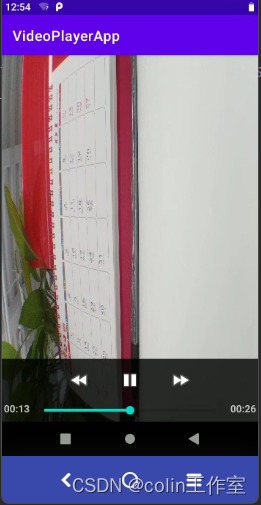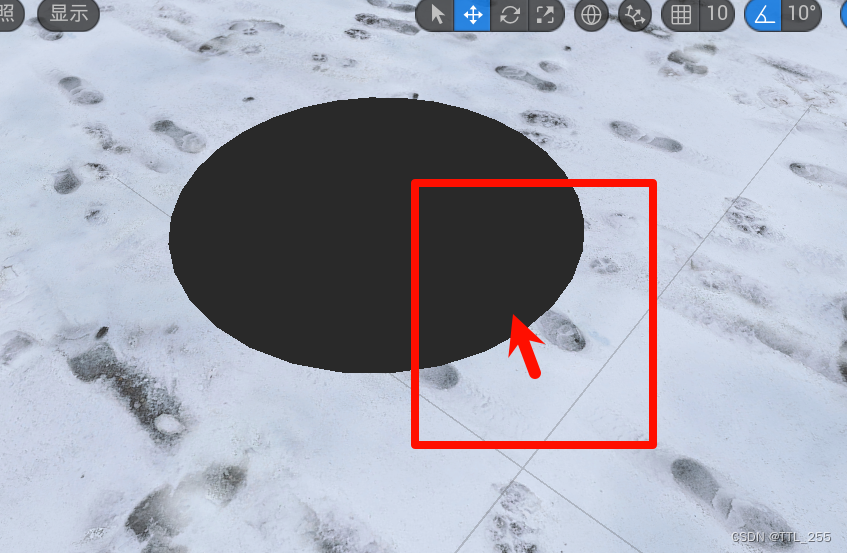Spring条件评估器
1. ConditionEvaluator是干嘛的
内部的使用类,用来评估注解的
2. 先看其属性类ConditionContextImp context
private static class ConditionContextImpl implements ConditionContext {
@Nullable
private final BeanDefinitionRegistry registry;
@Nullable
private final ConfigurableListableBeanFactory beanFactory;
private final Environment environment;
private final ResourceLoader resourceLoader;
@Nullable
private final ClassLoader classLoader;
// 构造器, 实例化时构造这些参数
public ConditionContextImpl(@Nullable BeanDefinitionRegistry registry,
@Nullable Environment environment, @Nullable ResourceLoader resourceLoader) {
this.registry = registry;
this.beanFactory = deduceBeanFactory(registry);
this.environment = (environment != null ? environment : deduceEnvironment(registry));
this.resourceLoader = (resourceLoader != null ? resourceLoader :
deduceResourceLoader(registry));
this.classLoader = deduceClassLoader(resourceLoader, this.beanFactory);
}
@Nullable
// 根据子类类型,推到出beanFactory!
private ConfigurableListableBeanFactory deduceBeanFactory(@Nullable
BeanDefinitionRegistry source) {
if (source instanceof ConfigurableListableBeanFactory) {
return (ConfigurableListableBeanFactory) source;
}
if (source instanceof ConfigurableApplicationContext) {
return (((ConfigurableApplicationContext) source).getBeanFactory());
}
return null;
}
// 获取到环境
private Environment deduceEnvironment(@Nullable BeanDefinitionRegistry source) {
if (source instanceof EnvironmentCapable) {
return ((EnvironmentCapable) source).getEnvironment();
}
return new StandardEnvironment();
}
// 推到出资源加载器
private ResourceLoader deduceResourceLoader(@Nullable
BeanDefinitionRegistry source) {
if (source instanceof ResourceLoader) {
return (ResourceLoader) source;
}
// 不是ResouceLoader类型的话,就初始化一个默认资源加载器
return new DefaultResourceLoader();
}
@Nullable
// 不解释啦,看不懂就别看了
private ClassLoader deduceClassLoader(@Nullable ResourceLoader resourceLoader,
@Nullable ConfigurableListableBeanFactory beanFactory) {
if (resourceLoader != null) {
ClassLoader classLoader = resourceLoader.getClassLoader();
if (classLoader != null) {
return classLoader;
}
}
if (beanFactory != null) {
return beanFactory.getBeanClassLoader();
}
return ClassUtils.getDefaultClassLoader();
}
@Override
// 获取beanDefinition注册器
public BeanDefinitionRegistry getRegistry() {
Assert.state(this.registry != null, "No BeanDefinitionRegistry available");
return this.registry;
}
@Override
@Nullable
// 返回beanFactory
public ConfigurableListableBeanFactory getBeanFactory() {
return this.beanFactory;
}
@Override
public Environment getEnvironment() {
return this.environment;
}
@Override
public ResourceLoader getResourceLoader() {
return this.resourceLoader;
}
@Override
@Nullable
public ClassLoader getClassLoader() {
return this.classLoader;
}
}
// Context information for use by Condition implementations
// 条件实现类使用的上下文信息类
public interface ConditionContext {
// 获取BeanDefinition信息
BeanDefinitionRegistry getRegistry();
// 这不用说获取容器
ConfigurableListableBeanFactory getBeanFactory();
// 获取环境
Environment getEnvironment();
// 获取资源加载器
ResourceLoader getResourceLoader();
// 获取类加载器
ClassLoader getClassLoader();
}
3. 看ConditionEvaluator 的内部方法
// 构造器
public ConditionEvaluator(@Nullable BeanDefinitionRegistry registry,
@Nullable Environment environment, @Nullable ResourceLoader resourceLoader) {
// 根据参数实例化条件上下文
this.context = new ConditionContextImpl(registry, environment, resourceLoader);
}
// 是否跳过
public boolean shouldSkip(AnnotatedTypeMetadata metadata) {
return shouldSkip(metadata, null);
}
public boolean shouldSkip(@Nullable AnnotatedTypeMetadata metadata,
@Nullable ConfigurationPhase phase) {
if (metadata == null || !metadata.isAnnotated(Conditional.class.getName())) {
return false;
}
if (phase == null) {
if (metadata instanceof AnnotationMetadata &&
ConfigurationClassUtils.isConfigurationCandidate((AnnotationMetadata) metadata)) {
return shouldSkip(metadata, ConfigurationPhase.PARSE_CONFIGURATION);
}
return shouldSkip(metadata, ConfigurationPhase.REGISTER_BEAN);
}
List<Condition> conditions = new ArrayList<>();
for (String[] conditionClasses : getConditionClasses(metadata)) {
for (String conditionClass : conditionClasses) {
Condition condition = getCondition(conditionClass, this.context.getClassLoader());
conditions.add(condition);
}
}
AnnotationAwareOrderComparator.sort(conditions);
for (Condition condition : conditions) {
ConfigurationPhase requiredPhase = null;
if (condition instanceof ConfigurationCondition) {
requiredPhase = ((ConfigurationCondition) condition).getConfigurationPhase();
}
if ((requiredPhase == null || requiredPhase == phase) &&
!condition.matches(this.context, metadata)) {
return true;
}
}
return false;
}
4. AnnotationTypeMetadata 是干嘛的
// 用于获取元素上的注解的元数据,不用看了!
MergedAnnotations getAnnotations();
default boolean isAnnotated(String annotationName) {
return getAnnotations().isPresent(annotationName);
}
default Map<String, Object> getAnnotationAttributes(String annotationName) {
return getAnnotationAttributes(annotationName, false);
}
default Map<String, Object> getAnnotationAttributes(String annotationName,
boolean classValuesAsString) {
MergedAnnotation<Annotation> annotation = getAnnotations().get(annotationName,
null, MergedAnnotationSelectors.firstDirectlyDeclared());
if (!annotation.isPresent()) {
return null;
}
return annotation.asAnnotationAttributes(Adapt.values(classValuesAsString, true));
}
default MultiValueMap<String, Object> getAllAnnotationAttributes(String annotationName) {
return getAllAnnotationAttributes(annotationName, false);
}
default MultiValueMap<String, Object> getAllAnnotationAttributes(
String annotationName, boolean classValuesAsString) {
Adapt[] adaptations = Adapt.values(classValuesAsString, true);
return getAnnotations().stream(annotationName)
.filter(MergedAnnotationPredicates.unique(MergedAnnotation::getMetaTypes))
.map(MergedAnnotation::withNonMergedAttributes)
.collect(MergedAnnotationCollectors.toMultiValueMap(map ->
map.isEmpty() ? null : map, adaptations));
}
5. Condition 接口
boolean matches(ConditionContext context, AnnotatedTypeMetadata metadata);

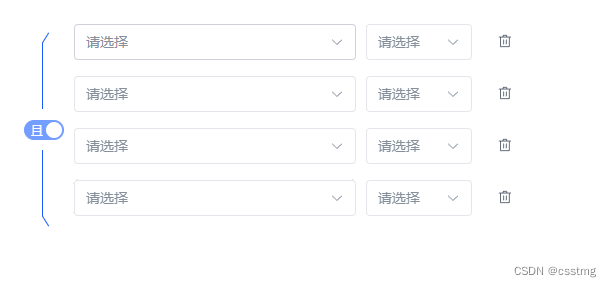
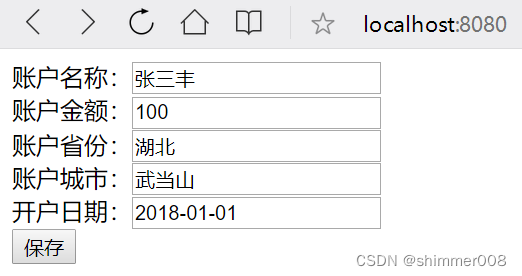



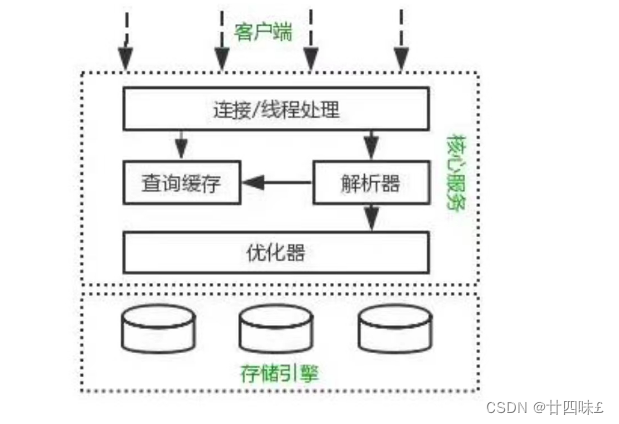
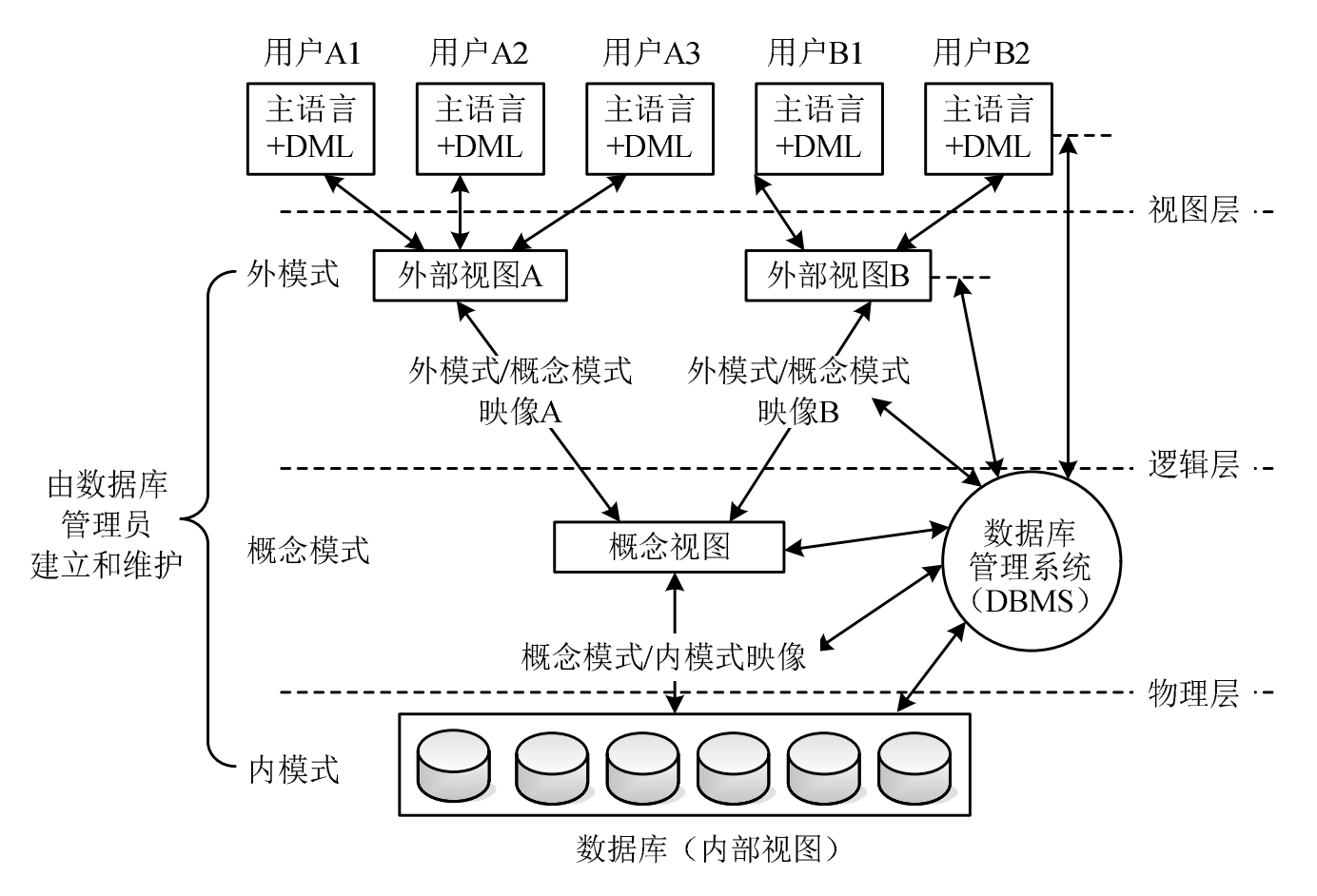


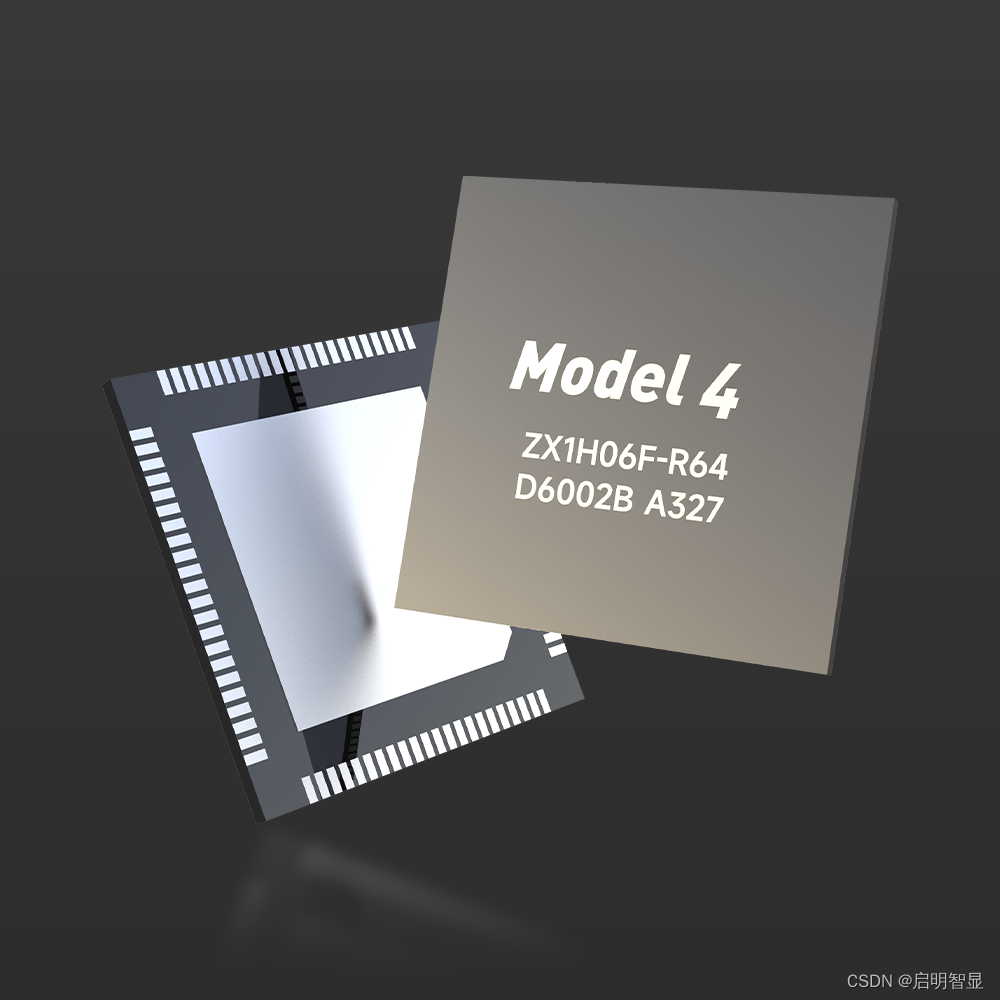
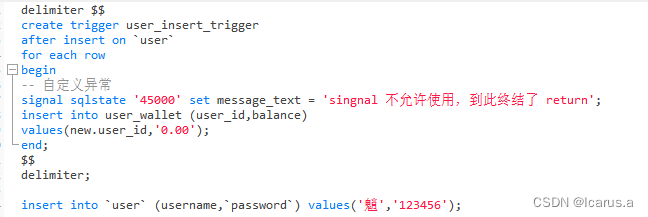
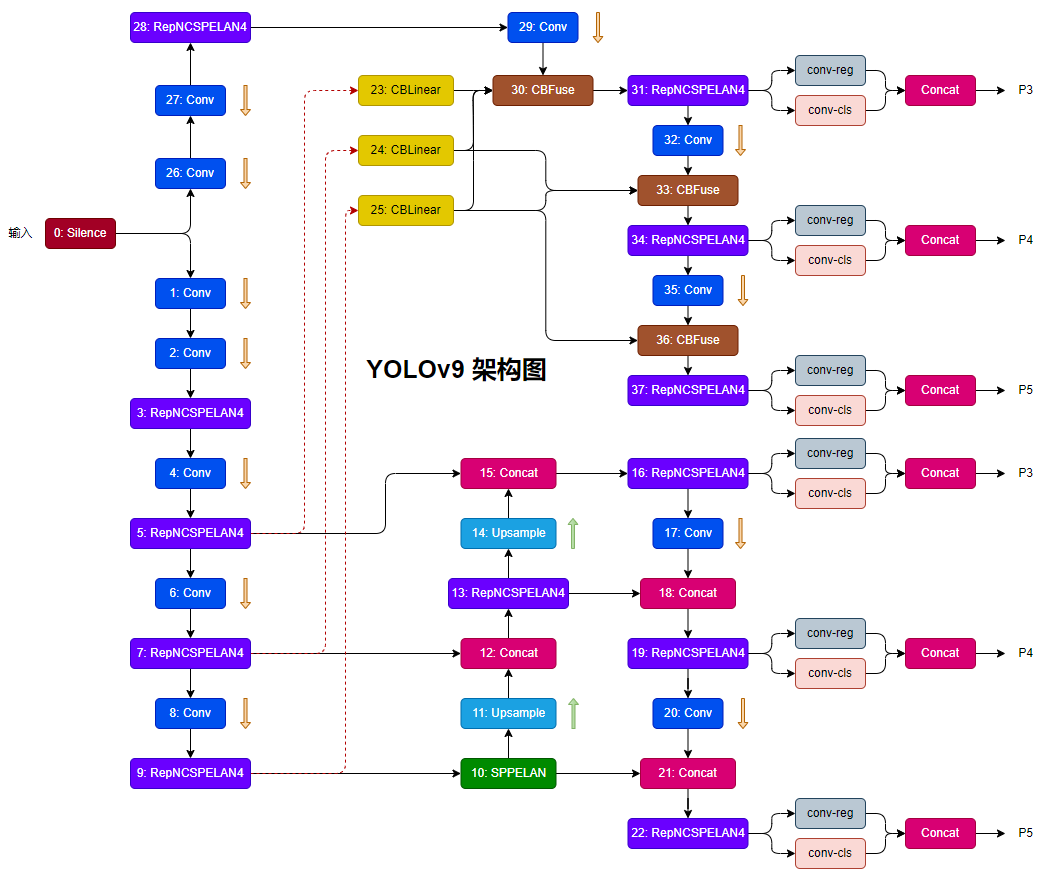





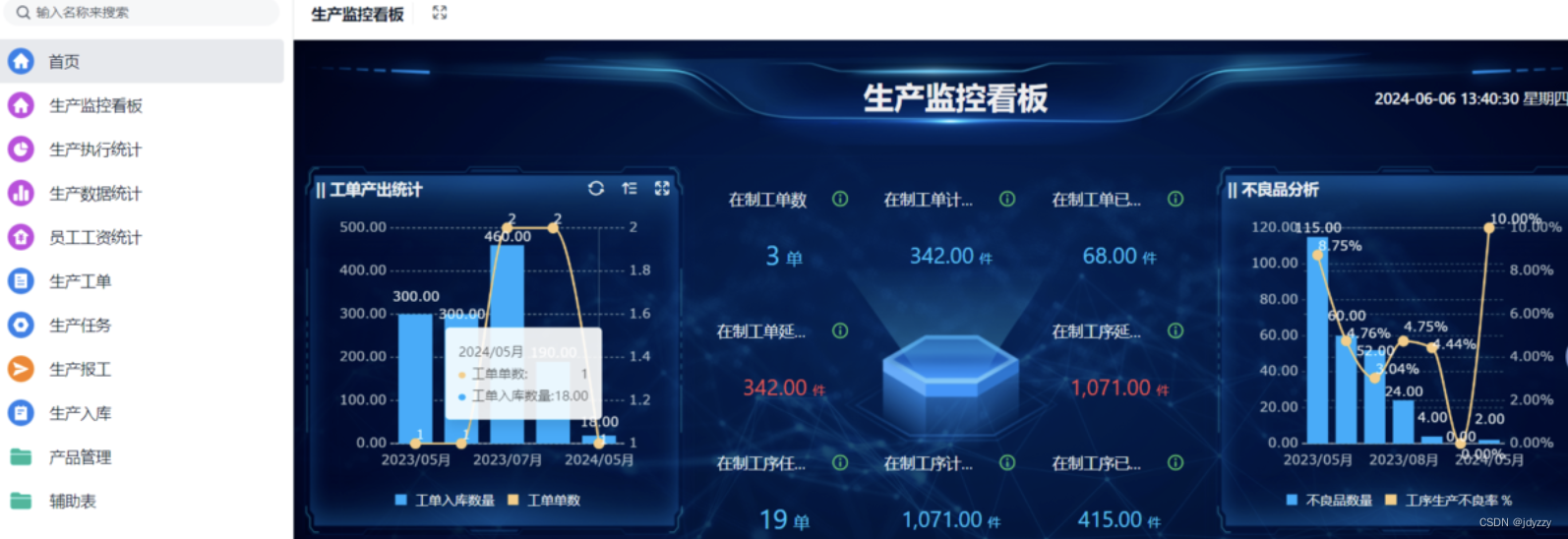
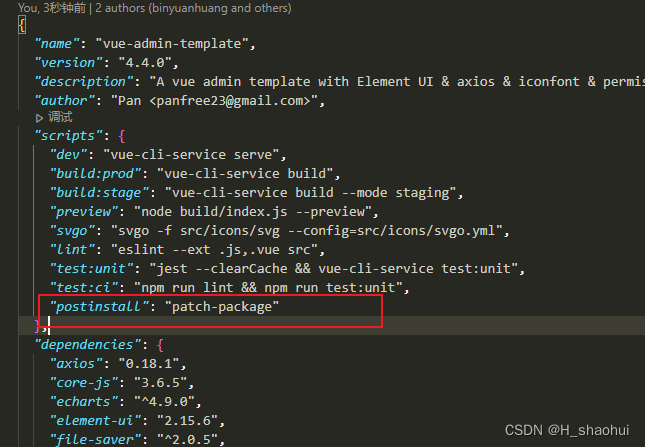
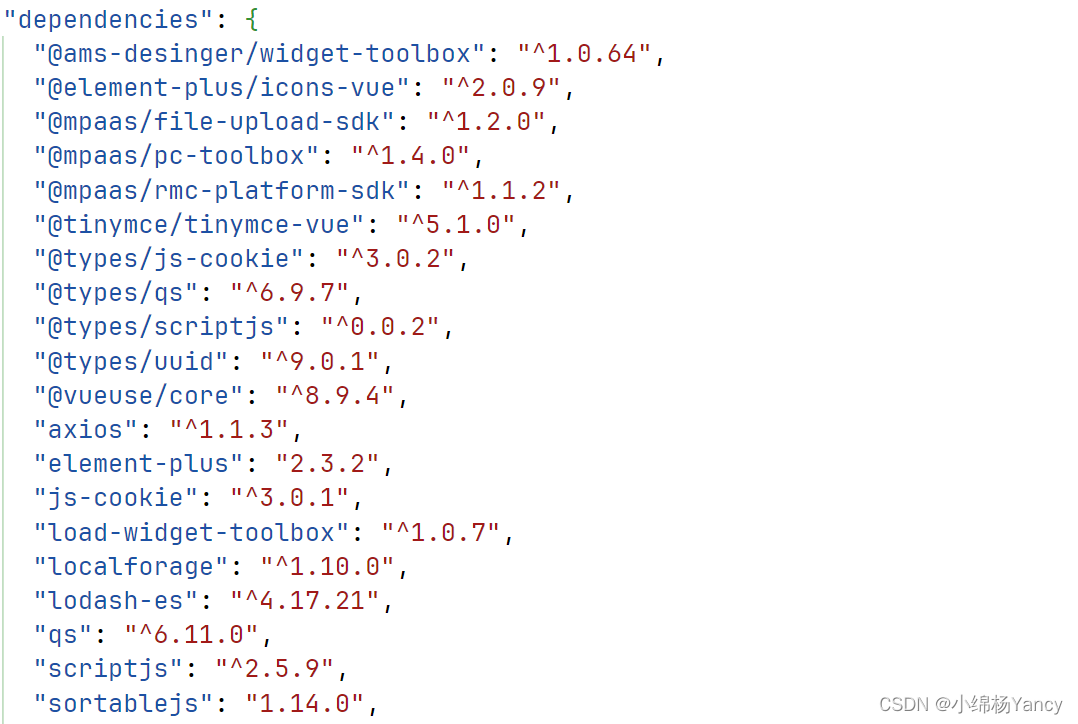
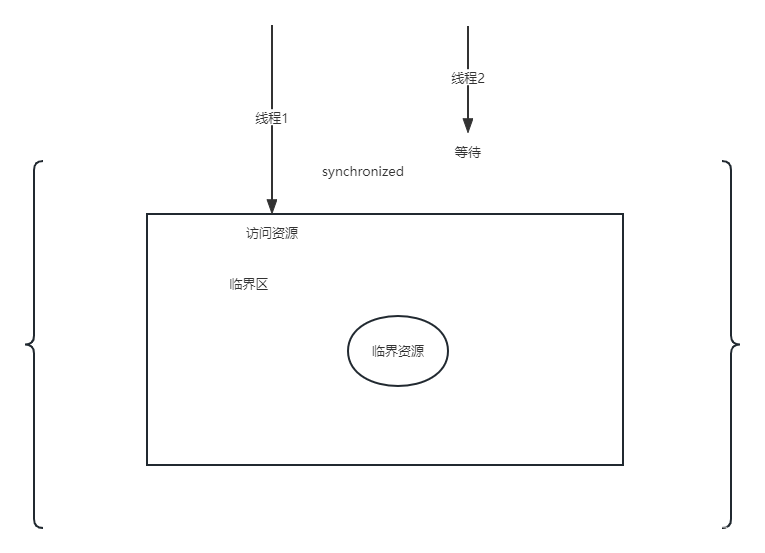
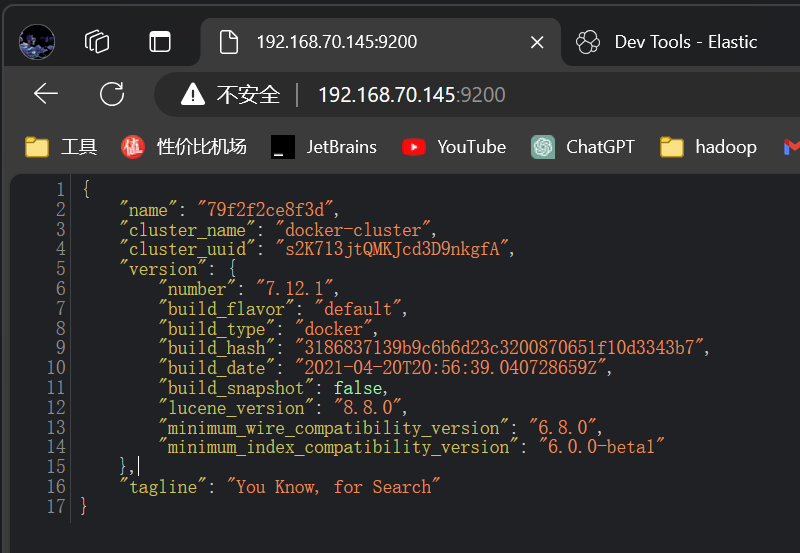


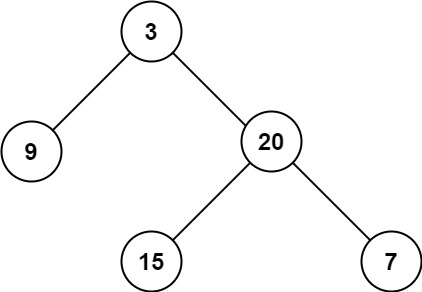
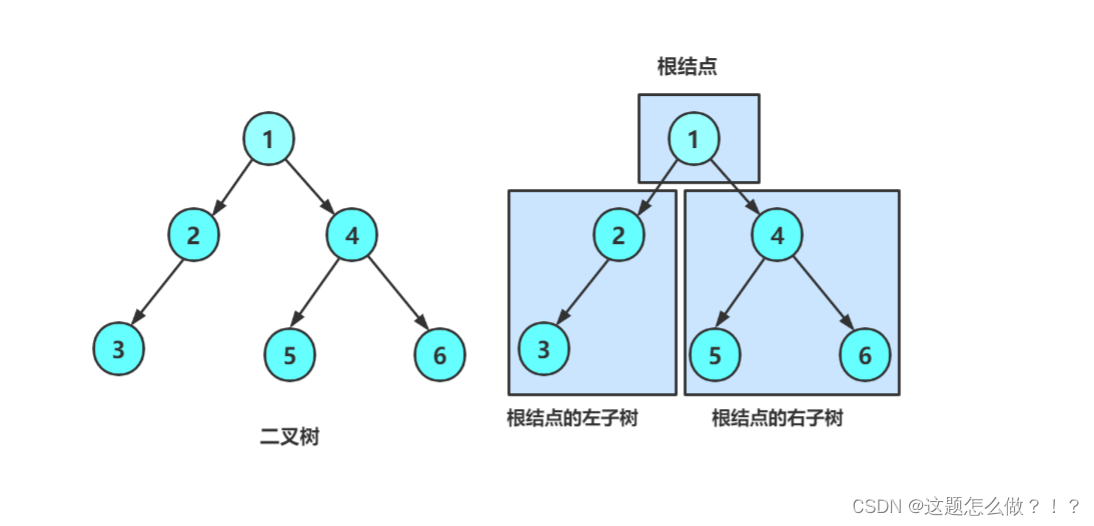

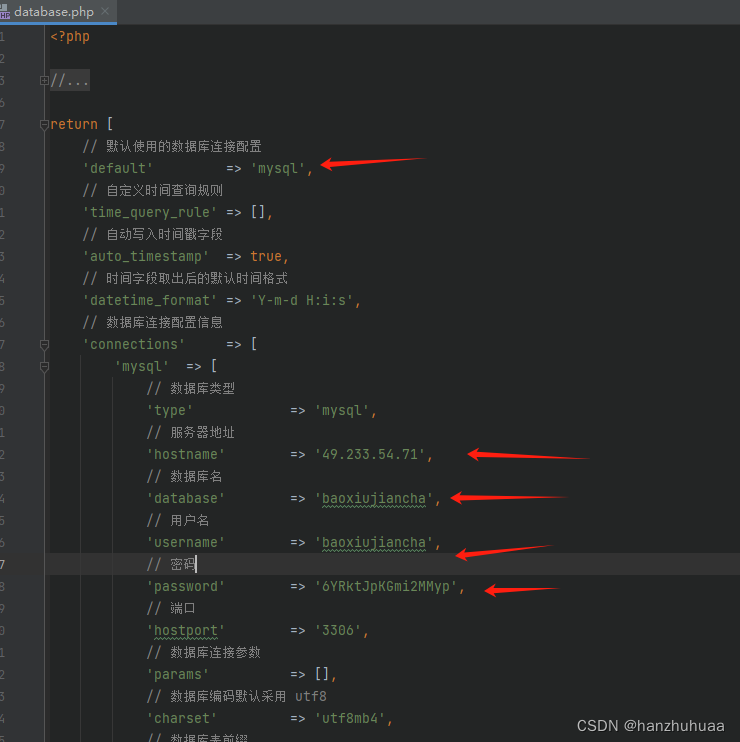
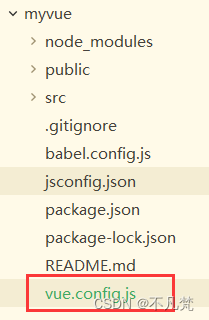

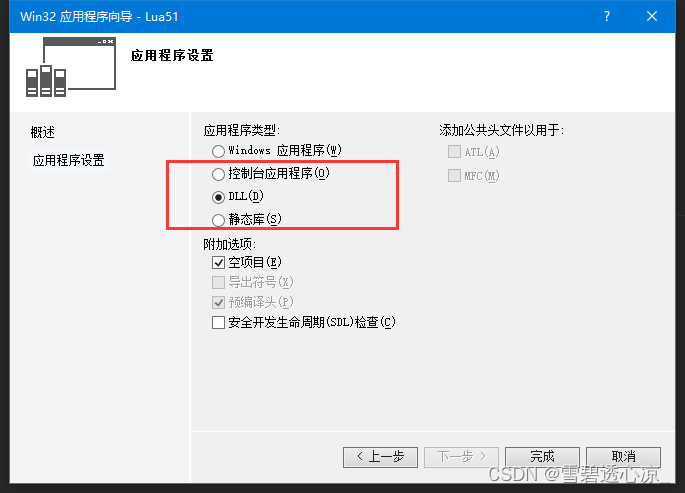

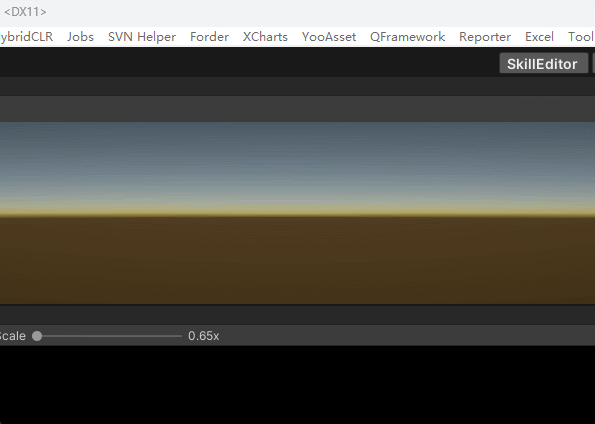
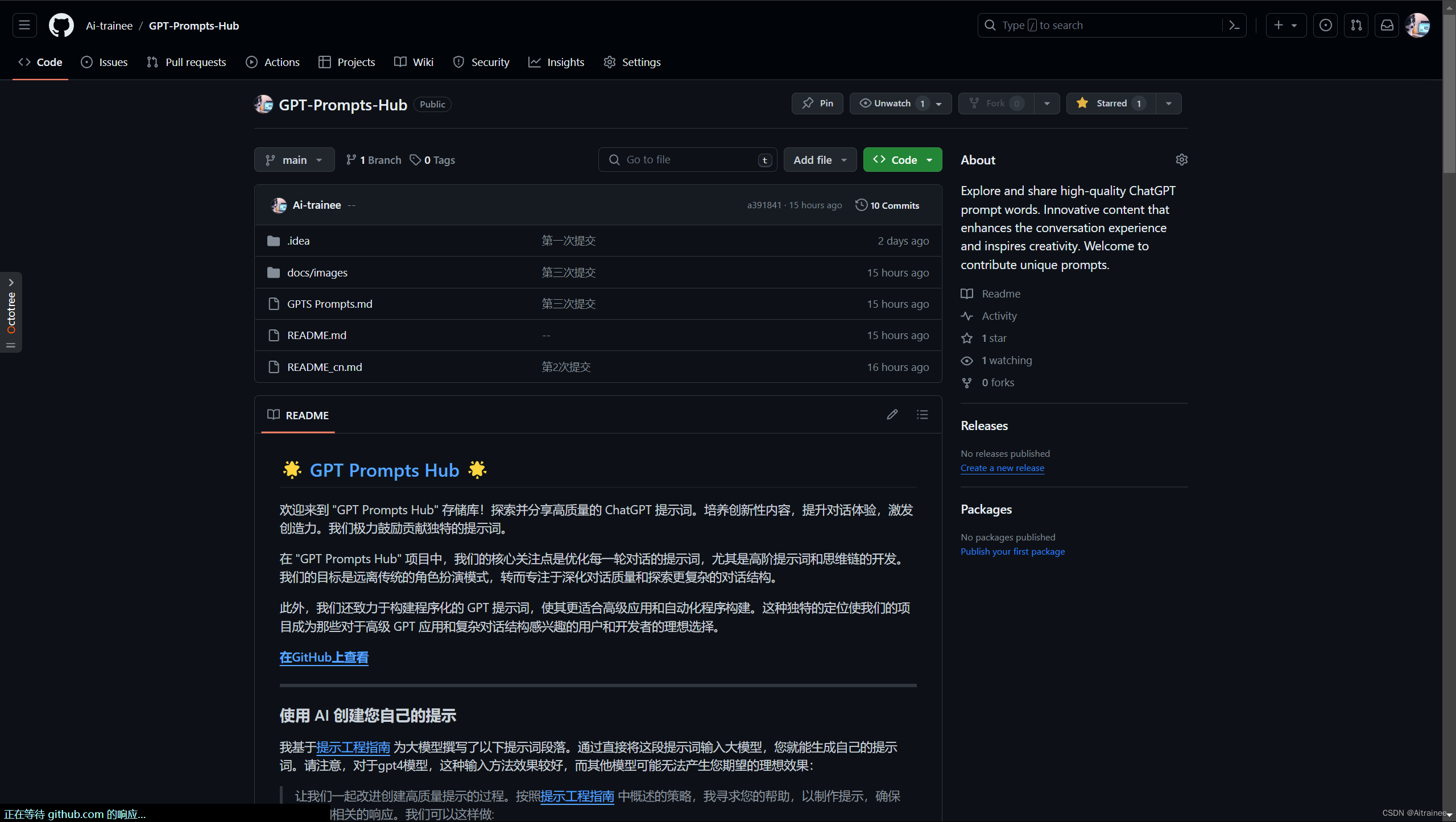

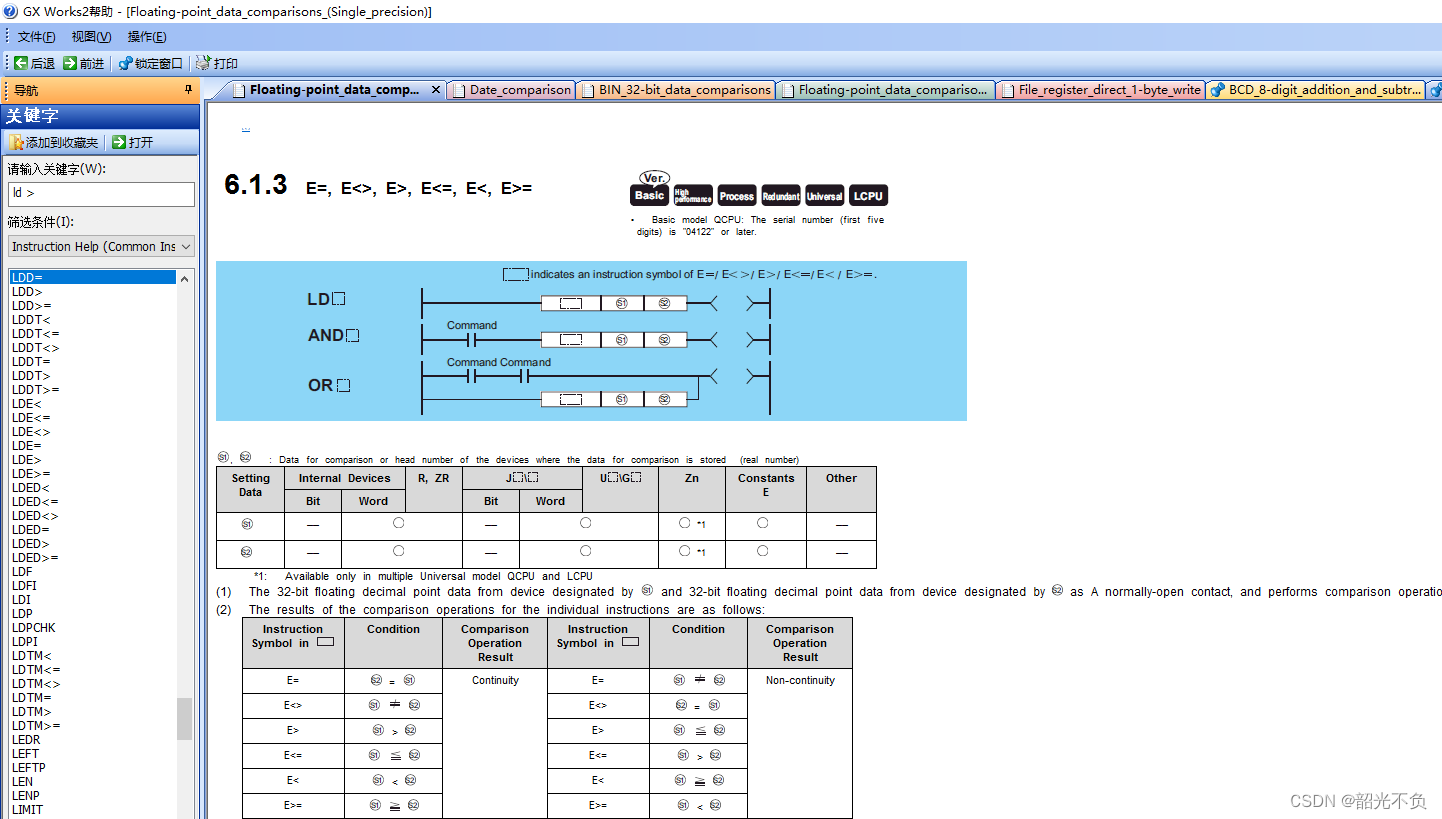
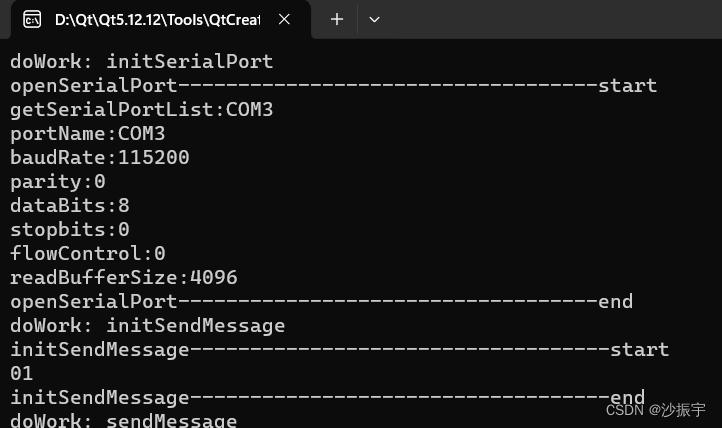




![[嵌入式C][入门篇] 快速掌握基础(9个语句)](https://img-blog.csdnimg.cn/direct/8a4086b77aa94ec7b71ae2a12bb60088.png)
